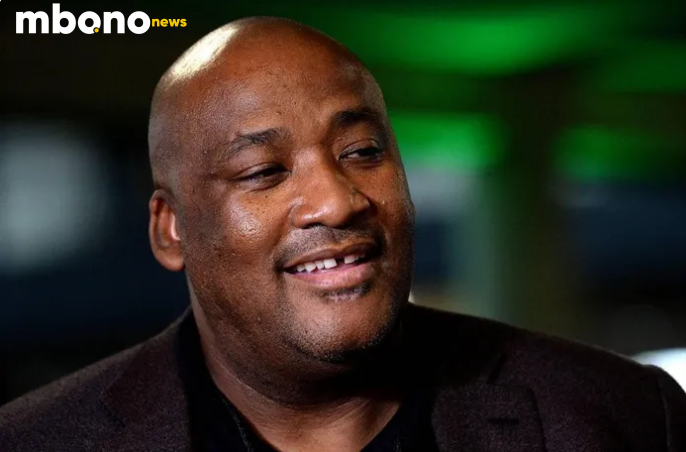In a bold move to reshape South Africa’s economic landscape, Gayton McKenzie, leader of the Patriotic Alliance and current Minister of Sport, Arts, and Culture, has proposed abolishing Broad-Based Black Economic Empowerment (BBBEE) in favor of a new empowerment bank designed to foster economic inclusion at the grassroots level.
Speaking at the Black Business Council Summit, McKenzie criticized BBBEE for benefiting a small, well-connected elite rather than achieving its intended goal of widespread empowerment for the majority of Black South Africans. He argued that the existing framework has failed to make a tangible difference for many Black entrepreneurs, and has instead become a tool for the few at the top.
McKenzie’s alternative proposal calls for the creation of a state-backed empowerment bank, funded by a mandatory 1% turnover contribution from white-owned businesses and previously empowered individuals. This bank would offer affordable loans to aspiring Black entrepreneurs, with strict accountability measures in place.
“We need to fund real transformation from the ground up,” McKenzie said. “BEE has become a tool for the connected few. This bank will provide the support that businesses need to flourish while ensuring accountability through mentorship and proof of impact.”
However, McKenzie’s proposal has sparked a heated debate. Critics argue that the plan may be difficult to implement effectively and question McKenzie’s track record as a minister, pointing to past controversies during his tenure. Additionally, some warn that scrapping BBBEE could disrupt existing frameworks that have at least partially addressed South Africa’s historic economic imbalances. The proposed levy on white-owned businesses has also raised concerns over its fairness and practicality.
Despite the mixed reactions, McKenzie’s proposal has reignited the conversation about how to achieve genuine economic transformation in a post-apartheid South Africa, where economic equity remains a deeply divisive issue. The question now is whether this empowerment bank could pave the way for real, long-lasting change or whether it’s a solution that risks further polarization.
